Birth defects, or congenital anomalies, are conditions that cause structural or functional abnormalities present at birth that can be identified at different stages of infancy. A specific birth defect may be caused by one or more of the following: genetics, environmental exposures, infections, maternal nutrition, or other risk factors.
Structural abnormalities:
-
- Abnormalities in the development of body parts.
- Ex: congenital heart defects, spina bifida, cleft lip or palate, limb deficiency, hypospadias, club foot, Down syndrome, congenital rubella syndrome, congenital Zika syndrome, and fetal alcohol syndrome.
- Abnormalities in the development of body parts.
Functional abnormalities:
-
- Abnormalities in how a body system works.
- Ex: metabolic diseases, hypothyroidism, congenital adrenal hyperplasia, thalassemia, sickle cell disease, cystic fibrosis, cerebral palsy, muscular dystrophy, deafness, autism, ADHD.
- Abnormalities in how a body system works.
For more information about specific birth defects, including causes, risk factors, diagnosis, and treatments, visit: https://www.cdc.gov/ncbddd/birthdefects/types.html
More resources below:
Overview of Birth Defects
-
- U.S. National Institutes of Health (NIH): https://www.nichd.nih.gov/health/topics/birthdefects
- U.S. Centers for Disease Control and Prevention (CDC): www.cdc.gov/ncbddd/birthdefects/index.html (English, Spanish)
- The World Health Organization (WHO): www.who.int/topics/congenital_anomalies/ (Arabic, Chinese, English, French, Russian, Spanish)
Specific Birth Defect Information
-
- March of Dimes: https://www.marchofdimes.org/find-support/topics/planning-baby/birth-defects-and-your-baby
- CDC: https://www.cdc.gov/ncbddd/birthdefects/types.html (English, Spanish)
Los defectos congénitos, o anomalías congénitas, son afecciones que causan anomalías estructurales o funcionales presentes en el nacimiento que pueden identificarse en diferentes etapas de la infancia. Un defecto congénito específico puede ser causado por uno o más de los siguientes factores: genética, exposición ambiental, infecciones, nutrición materna u otros factores de riesgo.
Anomalías estructurales:
-
- Anomalías en el desarrollo de partes del cuerpo.
- Ex: Defectos cardíacos congénitos, espina bífida, labio leporino o paladar hendido, deficiencia de extremidades, hipoglucemia, Pie zambo, síndrome de Down, síndrome de rubéola congénita, síndrome de Zika congénito y síndrome de alcohol fetal.
- Anomalías en el desarrollo de partes del cuerpo.
Anomalías funcionales:
-
- Anomalías en cómo funciona un sistema corporal.
- Ex: Enfermedades metabólicas, hipotiroidismo, hiperplasia suprarrenal congénita, talasemia, enfermedad de células falciformes, fibrosis quística, parálisis cerebral, distrofia muscular, sordera, autismo, TDAH.
- Anomalías en cómo funciona un sistema corporal.
Más recursos abajo:
Descripción general de los defectos congénitos
-
- Centros para el Control y la Prevención de Enfermedades (CDC) de los EEUU: https://www.cdc.gov/ncbddd/Spanish/birthdefects/
- La Organización Mundial de la Salud (OMS): https://www.who.int/es/news-room/fact-sheets/detail/congenital-anomalies
Información específica sobre defectos congénitos
